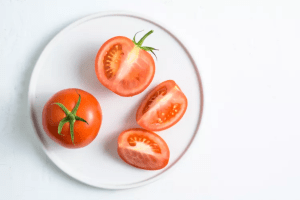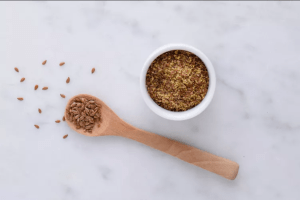Heart-Healthy Foods
Following a heart-healthy diet is one of the key ways to reduce your risk of heart disease. In recent years, there has been growing consensus as to what a heart-healthy diet looks like.
While some people may tell you that you must eat the Mediterranean diet or the DASH diet or the Ornish diet, there are broader principles that determine whether a diet is heart-healthy or not.
According to the American Heart Association, a heart-healthy diet should consist of:1
- A wide variety of fruits and vegetables
- Whole grains and whole-grain products
- Healthy sources of protein, including nuts, legumes, fish, lean poultry, and low-fat or nonfat dairy
- Liquid non-tropical vegetable oils, like olive oil or canola oil
Here is a list of 12 foods you should consider adding to any heart-healthy diet. Studies suggest that they may help reduce the risk of heart disease either directly (by improving heart function) or indirectly (by reducing cholesterol and other factors that contribute to heart disease).
1. Tomato

Tomatoes may help fend off heart disease, according to a 2017 review of studies. Tomatoes and tomato products reduce «bad» LDL cholesterol levels in the blood that might otherwise lead to fatty deposits, called plaque, on the walls of arteries.2
The buildup of plaque can lead to a condition called atherosclerosis, which not only raises blood pressure but also increases the risk of heart attacks and stroke.
The researchers also found that a compound in tomatoes called lycopene can help lower blood pressure and increase levels of «good» HDL cholesterol.
2. Flaxseed

Eating flaxseed may help reduce blood pressure, according to a study published in the Journal of Nutrition.3
According to the researchers, adding 30 grams of ground flaxseed to a diet can lower LDL cholesterol by 15%, in some cases within one month. The effect was greater when a flaxseed-rich diet was combined with cholesterol-lowering medications like statins.
Studies suggest that certain plant-based compounds in flaxseed, called secoisolariciresinol and enterodiol, are responsible for this effect.
